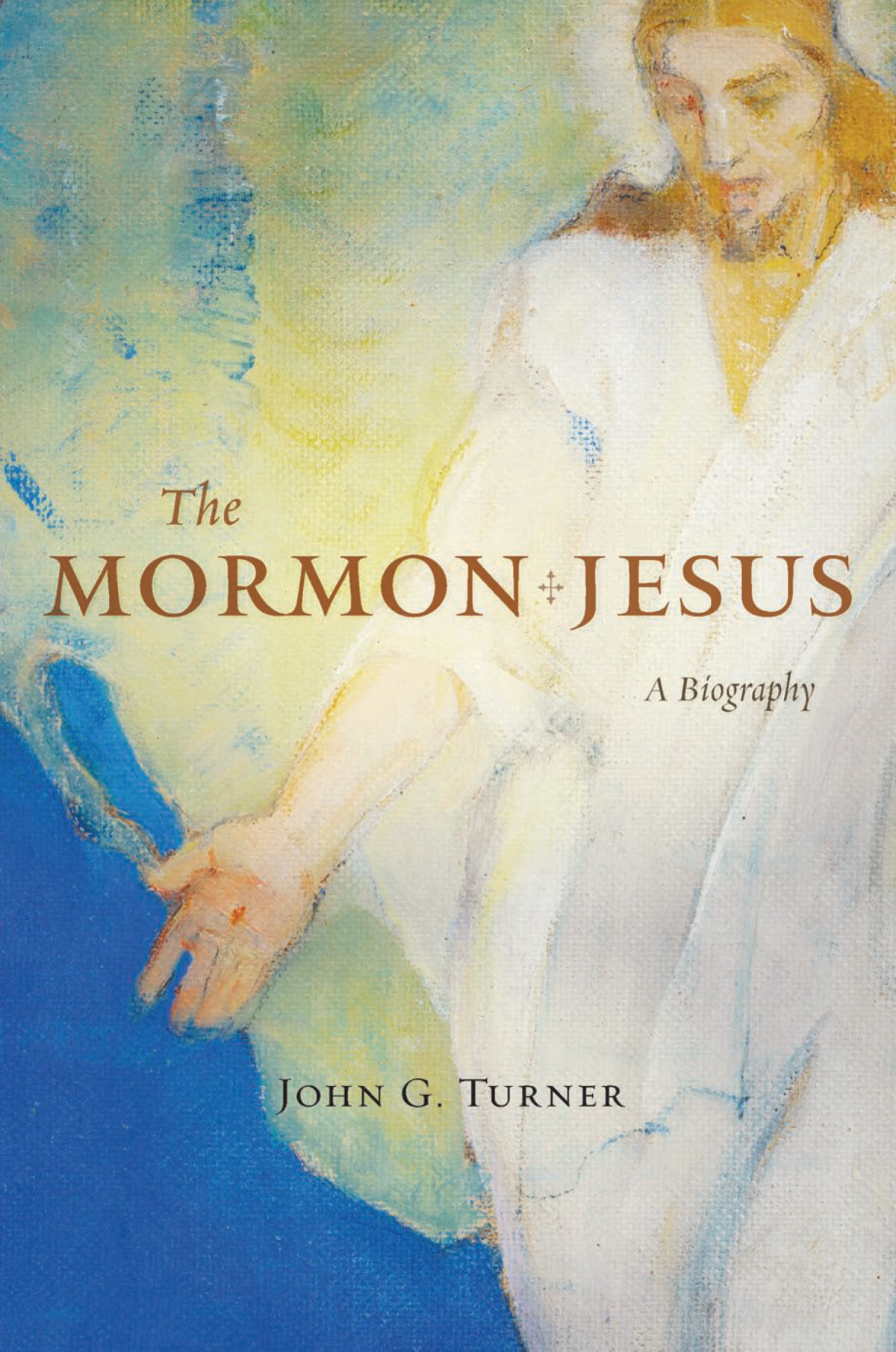

Most ebook files are in PDF format, so you can easily read them using various software such as Foxit Reader or directly on the Google Chrome browser.
Some ebook files are released by publishers in other formats such as .awz, .mobi, .epub, .fb2, etc. You may need to install specific software to read these formats on mobile/PC, such as Calibre.
Please read the tutorial at this link: https://ebookbell.com/faq
We offer FREE conversion to the popular formats you request; however, this may take some time. Therefore, right after payment, please email us, and we will try to provide the service as quickly as possible.
For some exceptional file formats or broken links (if any), please refrain from opening any disputes. Instead, email us first, and we will try to assist within a maximum of 6 hours.
EbookBell Team

5.0
78 reviewsThe nineteenth-century Mormon prophet
Joseph Smith published a new scripture dominated by the figure of Jesus
Christ, dictated revelations presented as the words of the Christian
savior, spoke of encountering Jesus in visions, and told his followers
that their messiah and king would soon return to the earth. From the
author of the definitive life of Brigham Young
comes a biography of the Mormon Jesus that revises and enriches our
understanding of The Church of Jesus Christ of Latter-day Saints.
Over the past two hundred years, Jesus has connected the Latter-day
Saints to broader currents of Christianity, even while particular Mormon
beliefs and practices have been points of differentiation and conflict.
The Latter-day Saints came to understand Jesus Christ as the literal
son of his father, the exalted brother of God’s other spirit children,
who should aspire to become like him. They gave new meaning to many
titles for Jesus Christ: Father, Son of God, Lord, Savior, Firstborn,
Elder Brother, Bridegroom, and Jehovah.
While some early beliefs became canonized and others were discarded,
Jesus Christ remains central to Latter-day Saint scripture, doctrine,
and religious experience. Contemporary Mormon leaders miss no
opportunity to proclaim their church’s devotion to the Christian savior,
in part because evangelical Protestants denounce Mormonism as a
non-Christian cult. This tension between Mormonism’s distinctive claims
and the church’s desire to be accepted as Christian, John G. Turner argues, continues to shape Mormon identity and attract new members to the church.